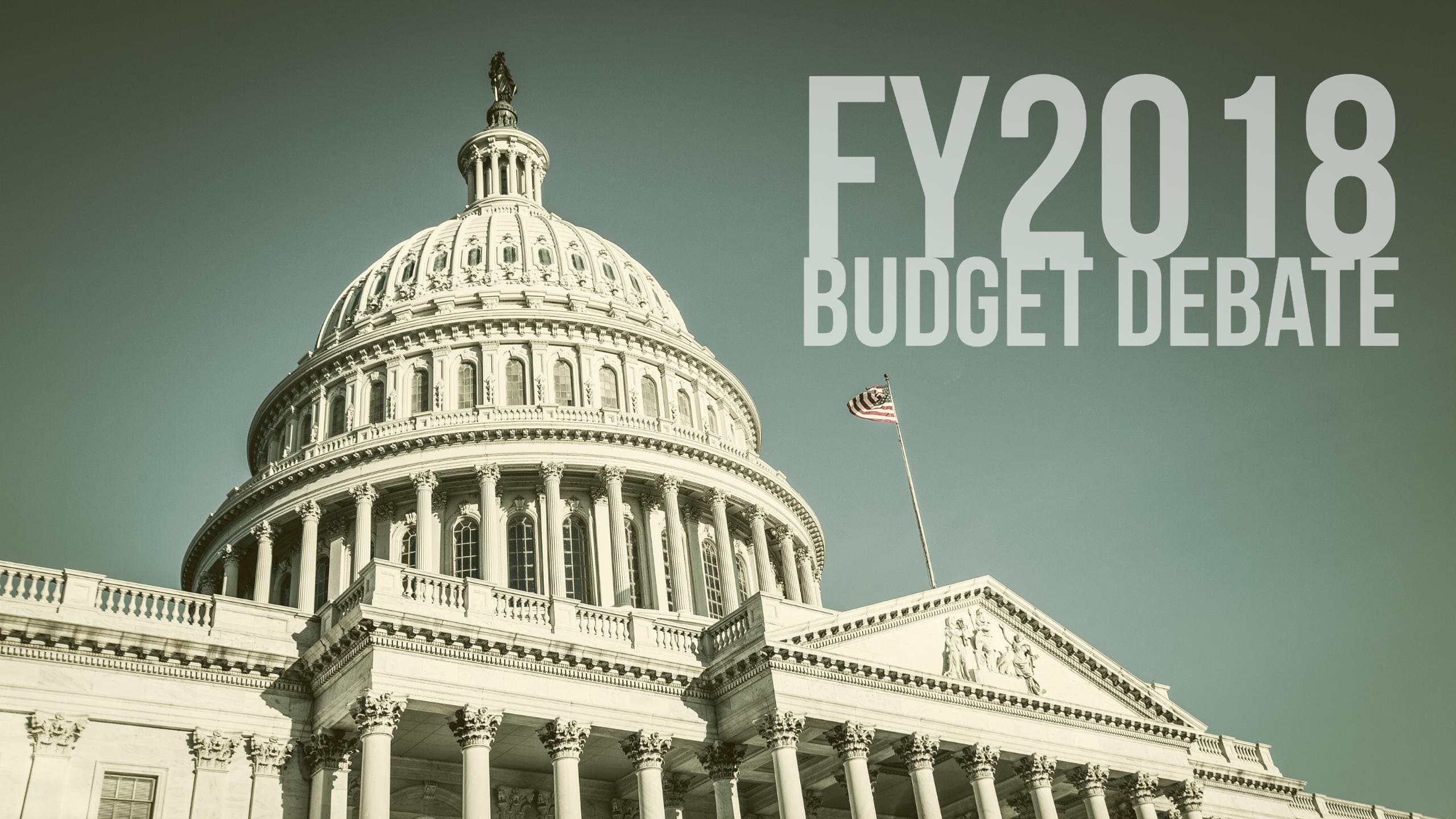
Pharmacist provider-status legislation; medication therapy management; direct and indirect remuneration fees; and prescription drug affordability were among the topics addressed in NACDS’ statements to Congressional committees discussing the FY2018 Health and Human Services budget.
Arlington, VA – In statements to the Senate Finance Committee and the House Ways and Means Committee, the National Association for Chain Drug Stores (NACDS) outlined support for pro-patient healthcare solutions as the Committees considered the FY2018 Department of Health and Human Services (HHS) budget in hearings last week. The statements reflect NACDS’ core Access Agenda goals, which aim to advance pharmacy’s collaborative approach to patient care and to public policy development.
In its statements, NACDS urged lawmakers to support H. R. 592 and S. 109, the Pharmacy and Medically Underserved Areas Enhancement Act – which would allow pharmacists to provide services to underserved Medicare Part B beneficiaries, subject to state scope of practice laws. The statement stated, “Pharmacists play an increasingly important role in delivery of services,” including access to health tests, managing chronic conditions such as diabetes and heart disease and expanded immunization services. NACDS noted these services would be key in helping to lower healthcare costs, improving patient access and increasing healthcare quality—all vital components of an effective Medicare program.
NACDS pointed to the value of medication adherence and medication therapy management (MTM), citing public and private studies showing the health benefits and effectiveness of MTM services. For example, a report by the Centers for Medicare & Medicaid Services (CMS) found that Medicare Part D MTM programs consistently improved medication adherence for patients with chronic conditions, leading to savings of nearly $400 to $525 per patient in lower overall hospitalization costs.
NACDS outlined the essential role pharmacy plays in integrating these beneficial services to patients and emphasized its commitment to advancing innovations to improve the Part D MTM program. NACDS stated that in order to ensure the success of the Enhanced MTM Model pilot being run by the Center for Medicare & Medicaid Innovation, “retail pharmacies must be included in the Enhanced Model Pilot programs.”
The statements also urged transparency between Medicare Part D plans and retail pharmacies in the use of direct and indirect remuneration (DIR) fees, post-adjudication fees, and quality and performance-based network fees by prescription drug plans in the Medicare program. NACDS noted a CMS fact sheet that reported recently that the use of DIR by Part D sponsors has been “growing significantly in recent years.” NACDS described challenges that pharmacies face when they “have to conduct business in an environment where they are unsure if a reimbursement they received is the ‘final reimbursement’ or if a fee will be applied at some future point.”
Focusing on a shared goal of reducing the cost of prescription drugs, NACDS referenced a March 2017 survey of registered voters by Morning Consult, commissioned by NACDS, which found 80 percent of respondents believe that pharmacists are credible sources of information about how to save money on prescription drugs—the highest rating of healthcare professionals tested. NACDS provided several recommendations for lowering drug costs, including the utilization of generic drugs and support for policies to increase the use of more cost-effective biosimilar medications.
More information about NACDS’ Access Agenda can be found at: AccessAgenda.NACDS.org.